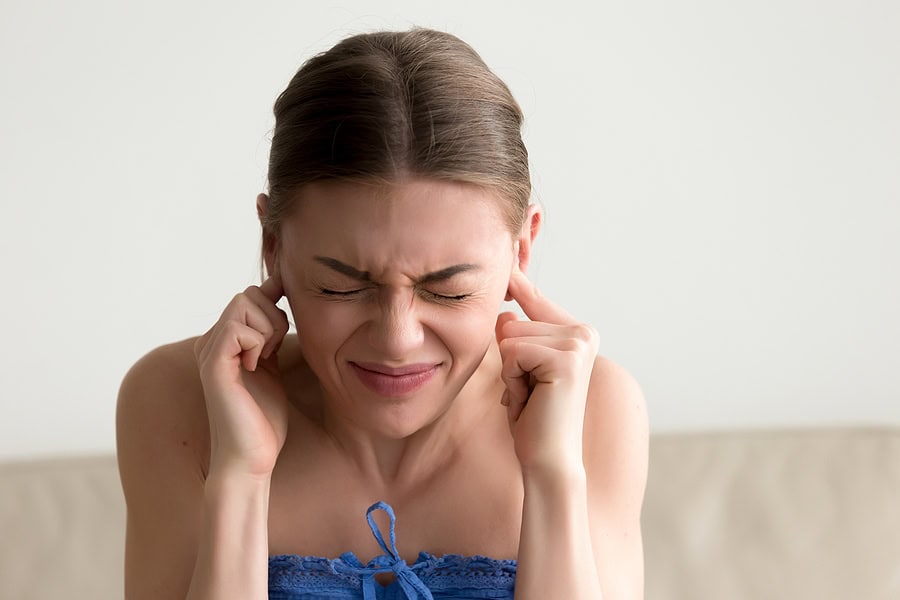As the new year begins, it’s natural to focus on personal well-being, setting goals for better health and improved routines. While many concentrate on diet, exercise, and mental health, there’s another factor often overlooked: noise exposure.
From bustling cities to loud concerts, daily life can be filled with sounds that may harm hearing over time and lead to hearing loss. Monitoring noise exposure is a simple but significant way to protect hearing health as part of a broader wellness strategy.
Understanding Noise Exposure
Everyday sounds are part of life, but not all noise is harmless. Loud environments, whether at work, home, or in public, can affect hearing health over time. Exposure to noise levels above 85 decibels can lead to permanent hearing loss, especially when encountered for prolonged periods. Noise from traffic, construction, and even high-volume music can contribute to a gradual decline in hearing ability.
Daily routines often involve exposure to various noise sources that go unnoticed. Commuting on public transport, attending events, or even mowing the lawn can expose people to harmful levels of noise. It’s easy to forget that repeated exposure to these seemingly normal sounds can be damaging in the long run. Keeping track of where and when noise exposure happens helps to create better habits and reduce the risk of hearing loss.
Smartphones and wearable devices often feature apps that measure noise levels in real-time. These tools provide useful insights into daily noise exposure, making it easier to stay aware of environments that may be too loud. When monitoring shows frequent exposure to high noise levels, it might be time to adjust habits to protect hearing.
The Connection Between Noise and Hearing Loss
Long-term exposure to high noise levels can lead to noise-induced hearing loss (NIHL). NIHL happens gradually, often going unnoticed until significant damage has occurred. Sounds that once seemed clear may become muffled or distant. Speech may be harder to understand, particularly in noisy environments. The earlier noise exposure is recognized and controlled, the better the chances are of maintaining long-term hearing health. Monitoring daily noise exposure becomes even more important for individuals working in loud environments, such as construction or factories.
Protecting Hearing with Simple Steps
Monitoring noise exposure is only one part of protecting hearing. Simple adjustments can make a big difference in reducing harmful noise levels. Wearing ear protection, such as earplugs or noise-canceling headphones, can reduce the impact of loud environments. In addition, lowering the volume on personal devices like headphones and speakers is an easy way to avoid excess noise. Taking short breaks from loud environments also gives ears time to recover. Whether at a loud event or working in a noisy space, stepping away from the noise for even a few minutes can help reduce strain on the ears.
Scheduling Regular Hearing Health Exams
An important part of maintaining hearing health is scheduling regular hearing exams. Just as with vision or dental health, hearing requires routine check-ups to ensure it’s functioning properly. A hearing health exam can identify early signs of damage, even if hearing still seems fine. This proactive approach allows for early intervention and better long-term outcomes.
Hearing health professionals can offer guidance on managing noise exposure and suggest protective measures tailored to specific lifestyles. These exams are especially important for those who frequently experience high noise levels due to work or recreational activities.
Protecting hearing now ensures a better quality of life in the years ahead and prevents the frustration and isolation that often accompany untreated hearing loss. Staying mindful of noise levels, taking protective steps, and scheduling regular hearing health exams make it possible to maintain strong hearing health well into the future.


